Chapter: The Justice System - Quiz 01
The Canadian citizenship test consists of 20 randomly chosen questions based on information contained in the Discover Canada handbook. You will have 30 minutes to complete your testing. You cannot bring anyone else with you to your test. If you refuse to bring your valid ID, you will not be able to take the test.
ADVERTISEMENT
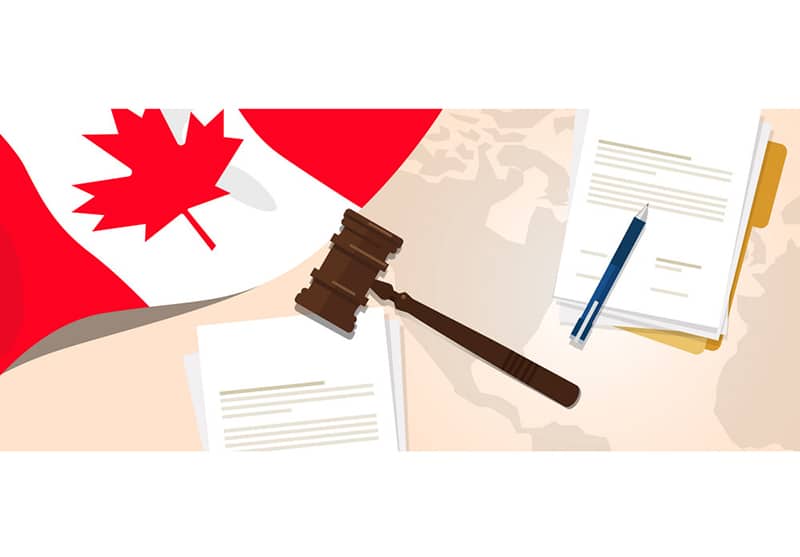
Correct!
Wrong!
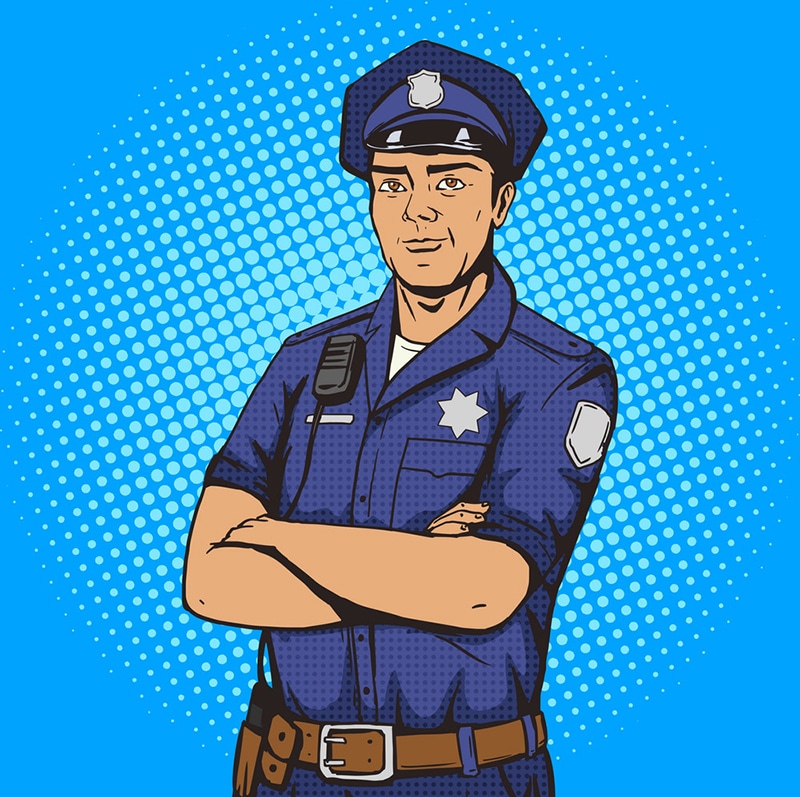
Correct!
Wrong!
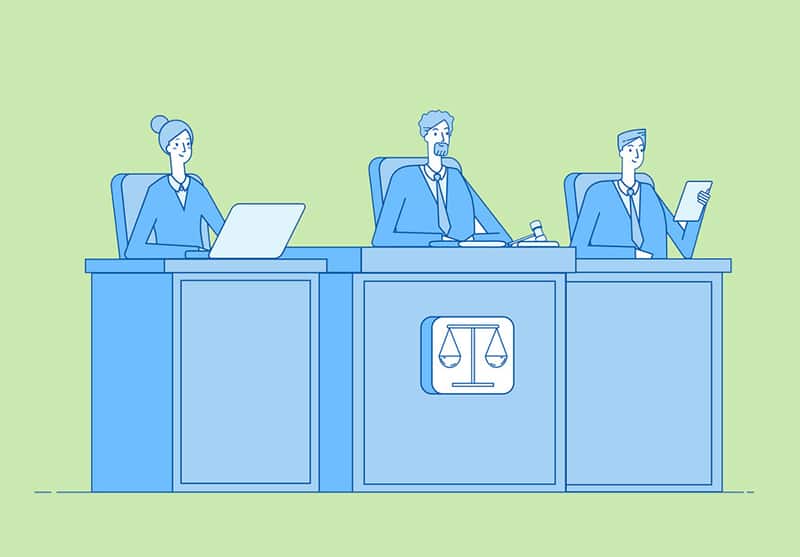
Correct!
Wrong!
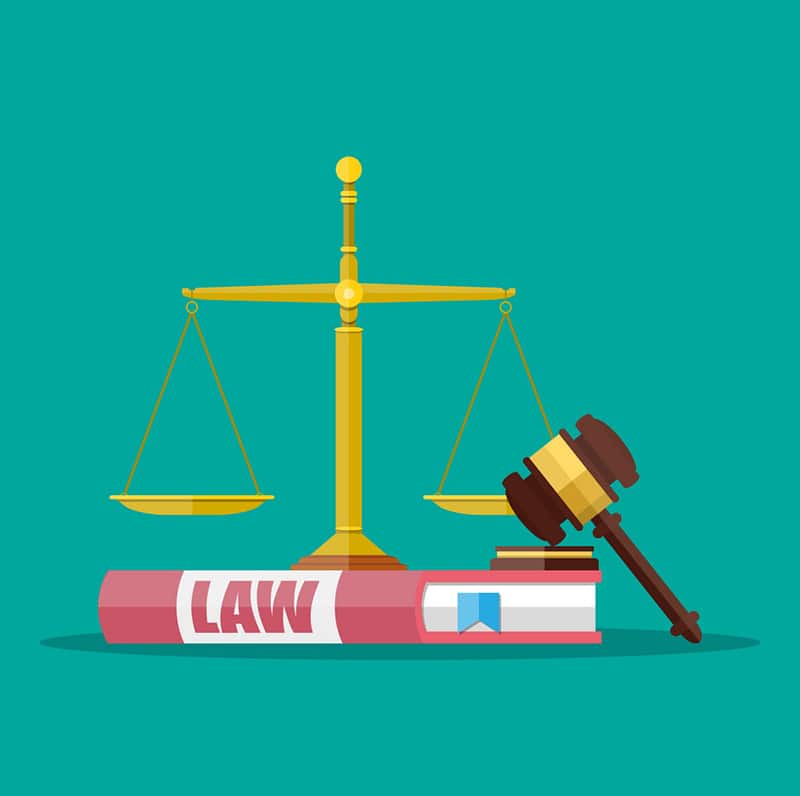
Correct!
Wrong!
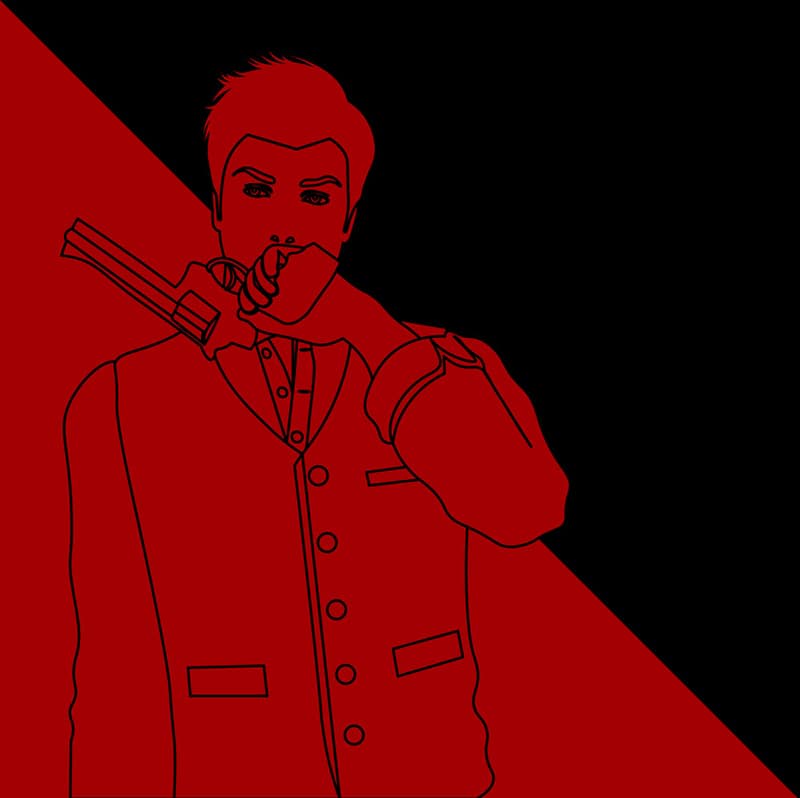
Correct!
Wrong!
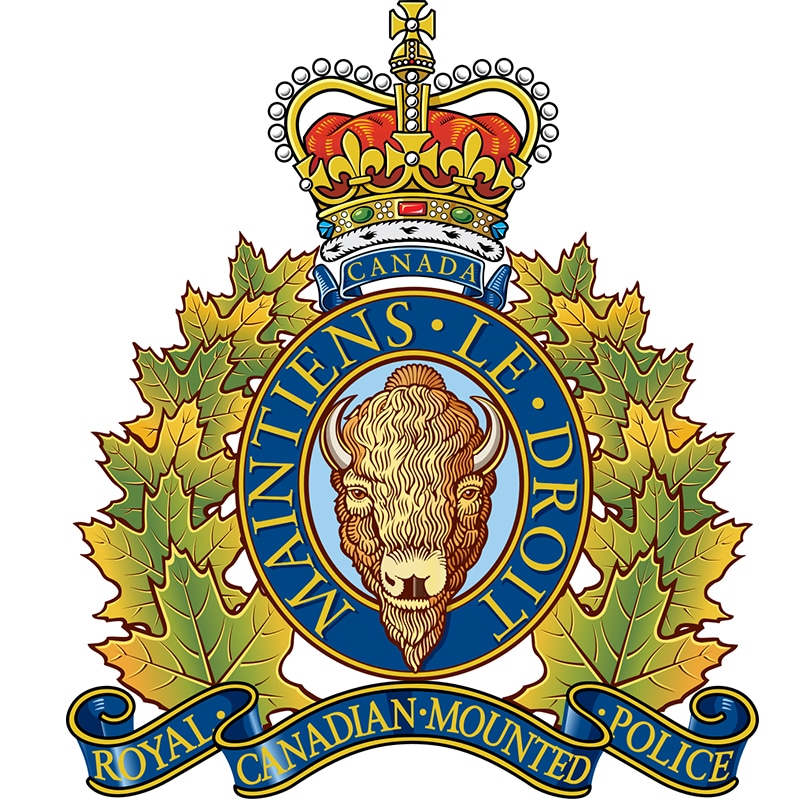
Correct!
Wrong!
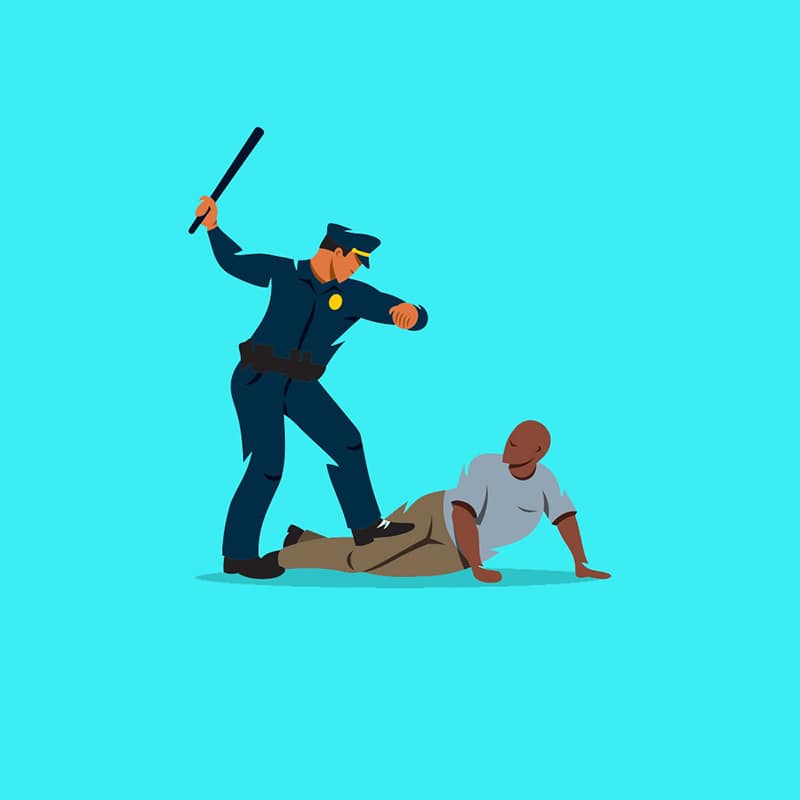
Correct!
Wrong!
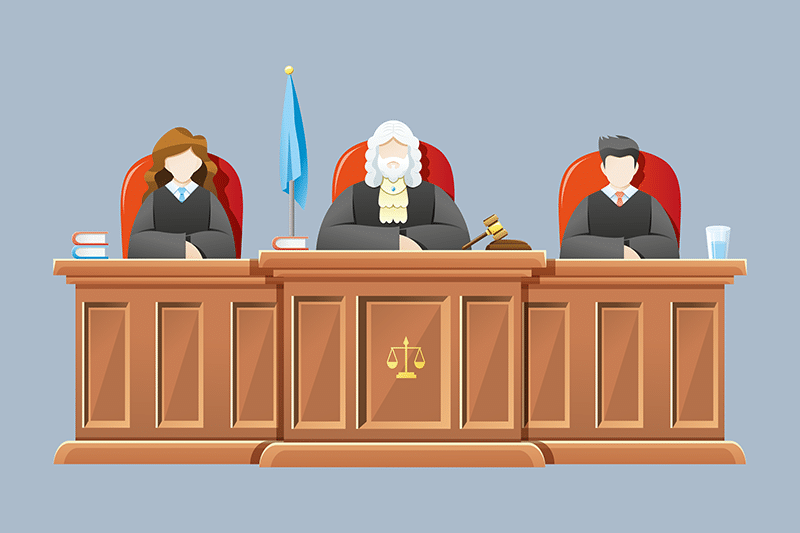
Correct!
Wrong!
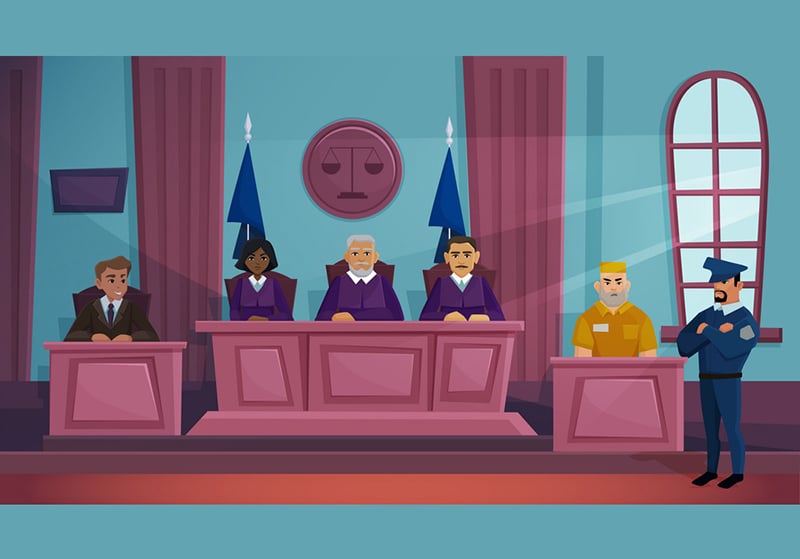
Correct!
Wrong!
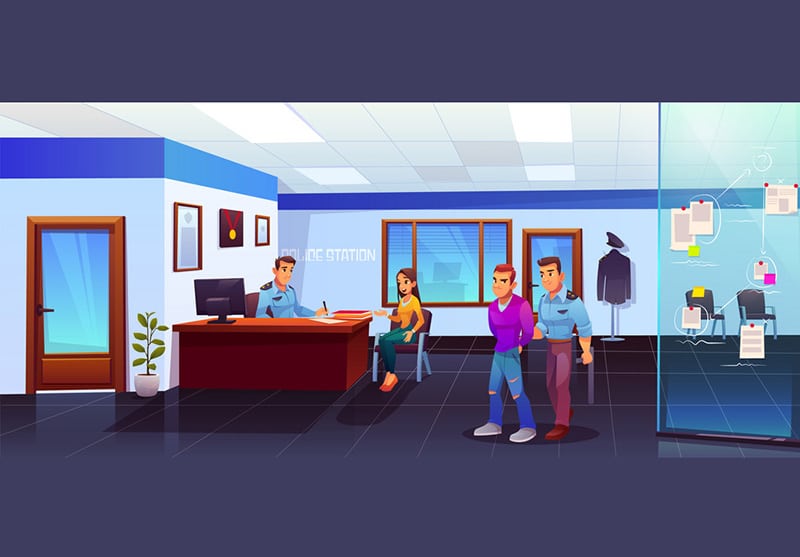
Correct!
Wrong!
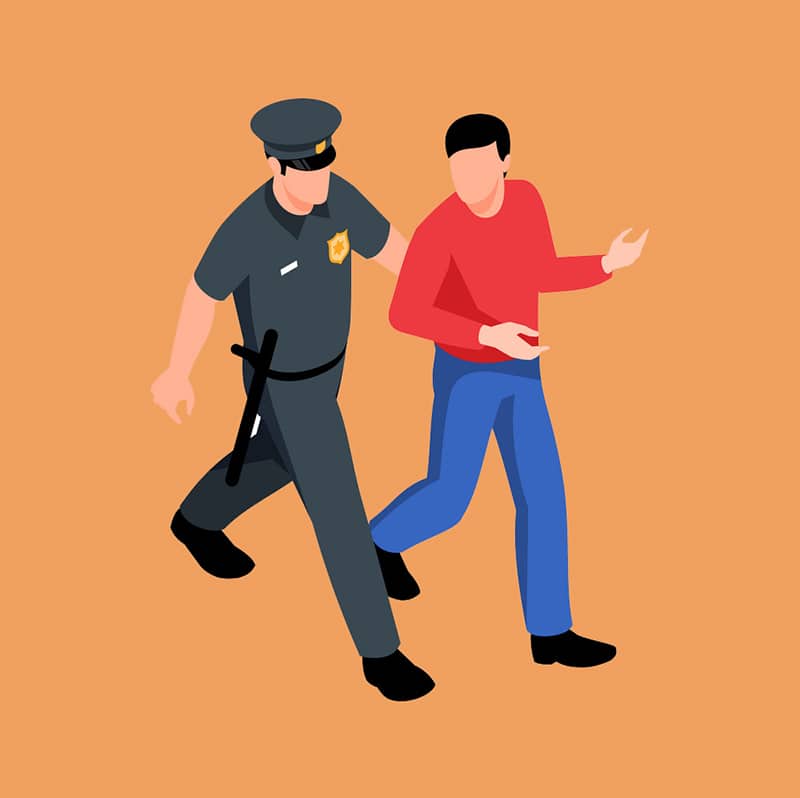
Correct!
Wrong!
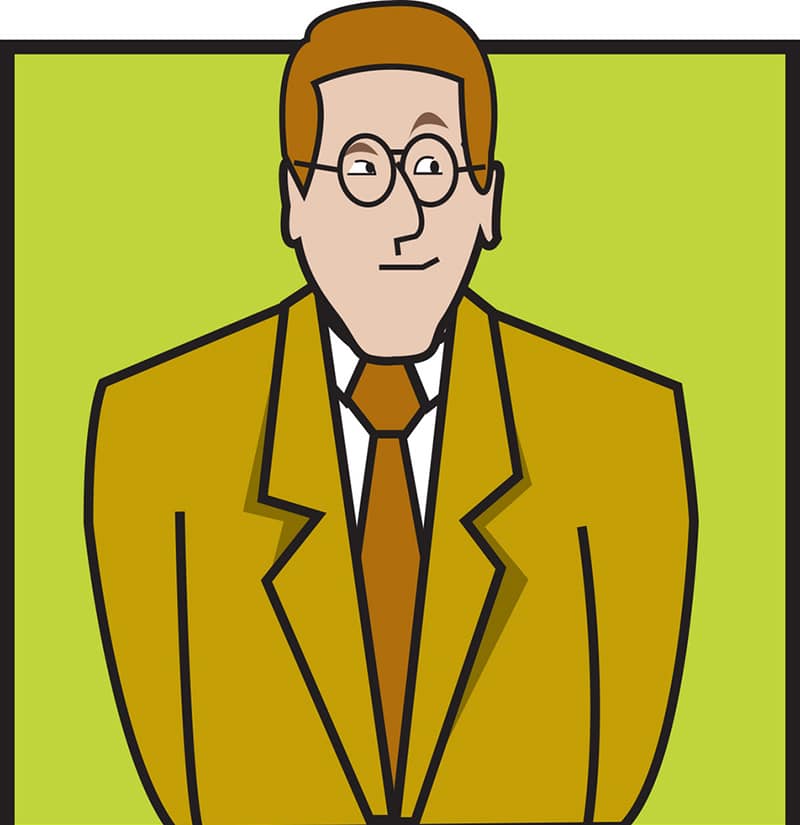
Correct!
Wrong!

Correct!
Wrong!
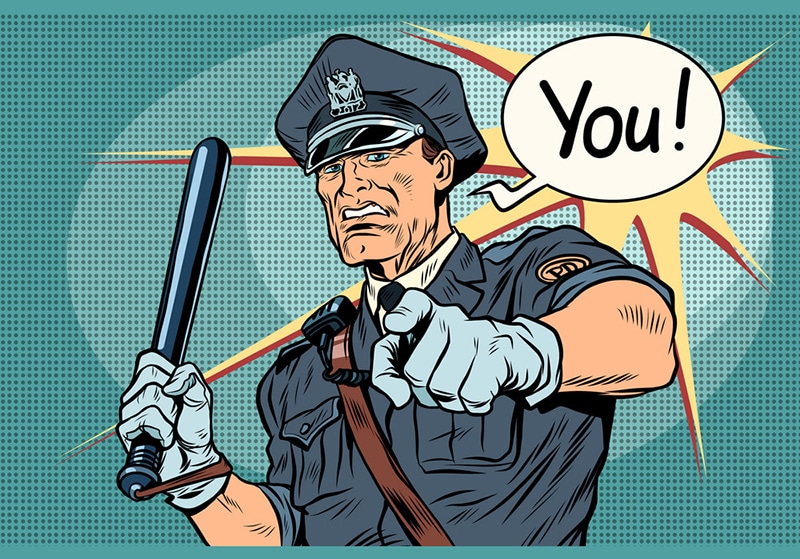
Correct!
Wrong!
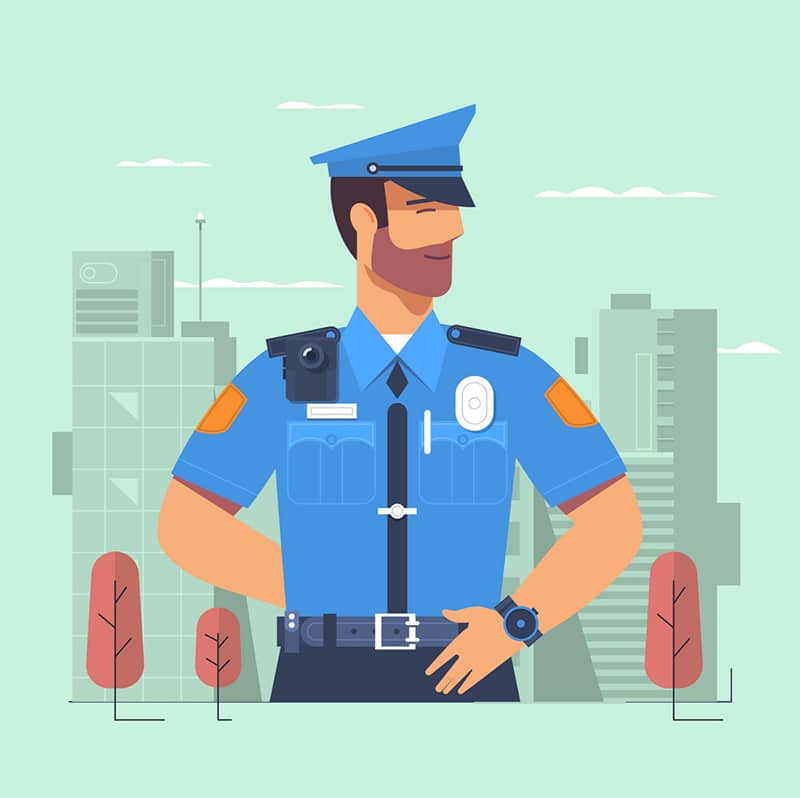
Correct!
Wrong!

Correct!
Wrong!
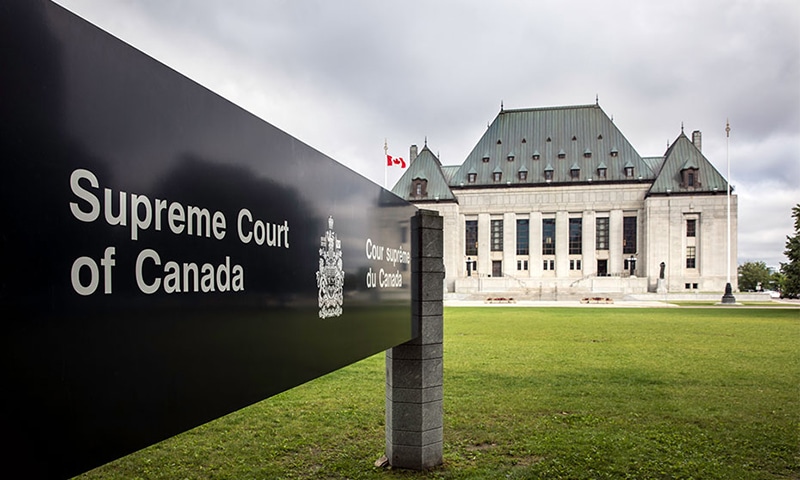
Correct!
Wrong!
Share the quiz to show your results !
Subscribe to see your results
I got %%score%% of %%total%% right
More Learning Options:
Loading…
ADVERTISEMENT
Practice Makes Perfect: Canadian Citizenship Practice Test By Chapter
Are you preparing to sit for the Canadian citizenship written test? Congratulations on coming this far. The only thing standing between you and Canadian citizenship. When you finally receive the notice, make sure to look at the date and time you will write the exam. It is also essential to determine what you should do if you cannot make it to the exam on the assigned time and date. Contact the local Immigration, Refugees, and Citizenship office if you require anything for the written exam, including accommodation, braille, or a large print exam.
Keep reading to discover how you can prepare and pass the Canadian citizenship written test with the Canadian citizenship practice test by chapter.
What is the Canadian citizenship Written Test?

What Will be in the Canadian Citizenship Written Exam?
The first thing you need to know to ace the Canadian written test is what you should expect. During the exam, you will tackle various questions on different topics. Here is what you should know before taking the exam:
- Symbols.
- Rights, freedoms, and responsibilities.
- Social and cultural history.
- Politics.
- Form of government.
An invigilator will supervise the exam during the D-day. Once you get to the venue, the supervisor will ask you to wait in the waiting room. The invigilator will usher you into the exam room at the exact scheduled time. You will sit on long desks, separated by dividers. These dividers hinder applicants from seeing each other’s work. Relatives should not sit together during the test. Please pay close attention to all the instructions before you start the test.
The Canadian citizenship written exam contains 20 questions and takes about 30 minutes. To pass the exam, you will have to answer more than 15 questions correctly. When you pass the exam, a citizenship officer will invite you for a short interview. During the brief interview, expect the supervisor to ask you more about your identity. The supervisor will also verify your original documents and evaluate your English and French written and oral skills. After completing this process, you will be invited to the oath-taking ceremony by mail. This usually happens 4-6 months after you complete the exam. You could do a retake if you failed the exams after 3 to four weeks.
How to Prepare With The Canadian Citizenship Practice Test By Chapter
Now that you know what the exam is all about, let us look at some of the things you should do to prepare for the test:
- Study Ahead
Several applicants choose to wait until the last week to study. Taking your time to study ahead will go a long way towards helping you to ace the test. Talk with other Canadian citizens and read as many books as possible to learn more about Canada. It is also vital to read the constitution to learn more about the law.
- Use the Official Study Guide to Learn More About Canada
Reading the official study guide will enable you to discover everything you need to know about Canada. You can read the guide online, download a pdf or eBook version, or order a printed copy. Listen to the audio if that is what you prefer.
- Enroll in a Class
It will be helpful to enroll in a class if you have the time. The instructor will teach you everything about Canada. You can also ask questions and participate in discussions to learn more about Canada.
- Try Online Tests
You can try online tests to familiarize yourself with the citizenship test. You will familiarize yourself with the exam format when you try the online tests.
Remember to follow all the instructions. Read and understand each question before answering. Good luck!
